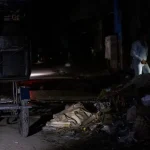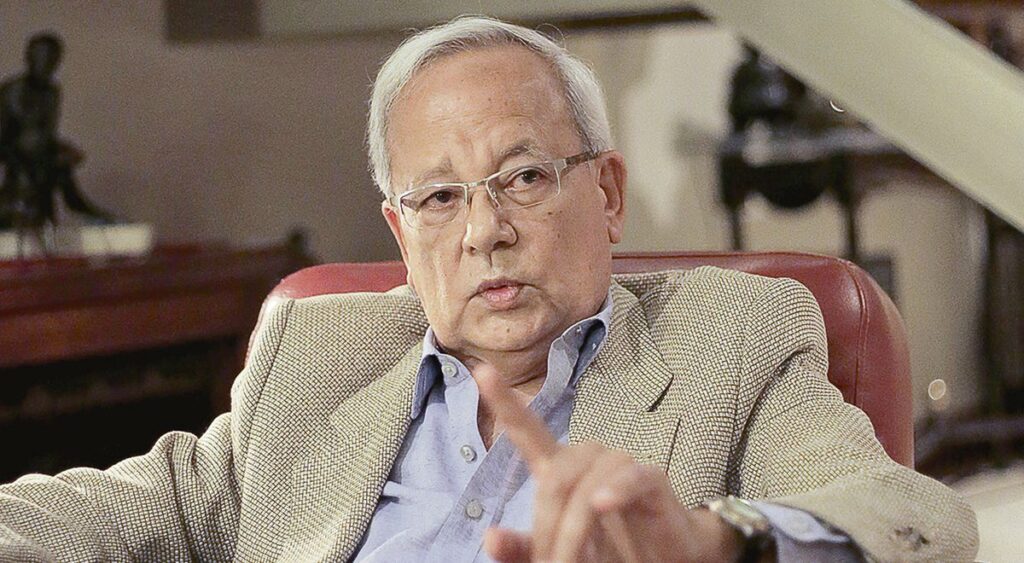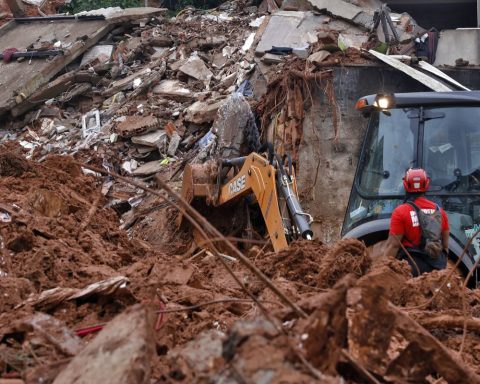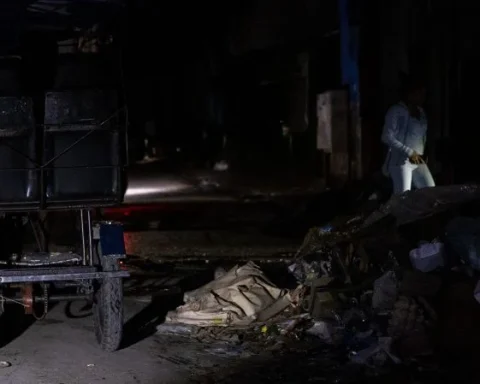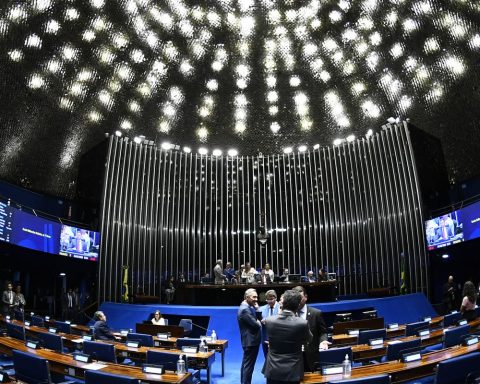L
Social justice is a horizon of life aimed at the transformation of society where the good coexistence of all creatures is possible, and that needs to be contextualized from the great challenges of today’s world to see its relevance and urgency. The challenges of social justice are the challenges of today’s world. Today, when we celebrate the World Day of Social Justice, proclaimed by the United Nations General Assembly, it is time to think about where we are and where we are going.
Two of the world’s great challenges are: 1. Global warming, reflected by climate change that is accelerating the extinction of thousands of species and migratory processes, and 2. The loss of social skills to coexist harmoniously among people , reflected in the high homicide rates and the growth of violence in families, towards women and in schools, among others.
Justice has to be a process that leads to readjust relationships in such a way that it makes it possible for living beings to coexist well; therefore, it requires social agreements arising from processes of collective construction and recognition of four fundamental relationships of the person: origin, land, history and community. It is no longer possible to think of development agreements separate from the poor and from the land.
Pope Francis says: “When a society – local, national or global – abandons a part of itself to the periphery, there will be no political programs or police or intelligence resources that can indefinitely ensure tranquility” ( Evangelli Gaudium, no. 59). Today, the fundamental challenge to walk towards social justice is in the construction of inclusive and flexible agreements that allow responding to the needs of people and living beings.
Therefore, social justice is the construction of economic, political, cultural and community agreements that allow good coexistence in a given territory and the creation of instances that operate these agreements, evaluate them and redefine them so that they respond to current needs.
It is about building mechanisms that institutionalize procedures that lead to impact and transform these realities of injustice, but for this to be possible, it is necessary to institutionalize the processes of flexibility to constantly adapt to new realities.
Good coexistence implies a relationship between individuals and the relationship between them and creatures, in a dimension of openness to brotherhood with the earth, but it also implies a relationship with the family and the community, and with the roots, in an openness to the story itself.
In this sense, good coexistence would have to adapt according to times, places and people
. The paradigm of economic development as the panacea of the people is in decline. We need to change our horizon to understand the challenges of today’s world and undertake the structural reforms that make life possible on the planet for future generations.
These changes will only be possible with a collective subject convinced that the construction of the social implies taking ownership of its destiny, recovering its own institutions and recognizing the earth as mother. From there, it will be possible to evaluate the current institutions and the convenience of transforming them to put them in function of good coexistence.
It is time to recognize the wisdom that exists locally and the ways to resolve their conflicts from a restorative perspective; punitive justice only makes us happy for a few days, but it does not solve the problem of socio-environmental coexistence.
As Pope Francis says, When a justice is really just, that justice makes the peoples happy, and their inhabitants worthy. No sentence can be fair, nor any legitimate law, if what they produce is more inequality, if what they cause is more loss of rights, indignity or violence
.
Let us remember that the Day of Social Justice seeks to support the work of the international community aimed at eradicating poverty and promoting full employment, equality and access to welfare and social justice for all.
* Jesuit, assistant to the Social Sector of the Society of Jesus.
Twitter: @Jesuitas_Mexico







